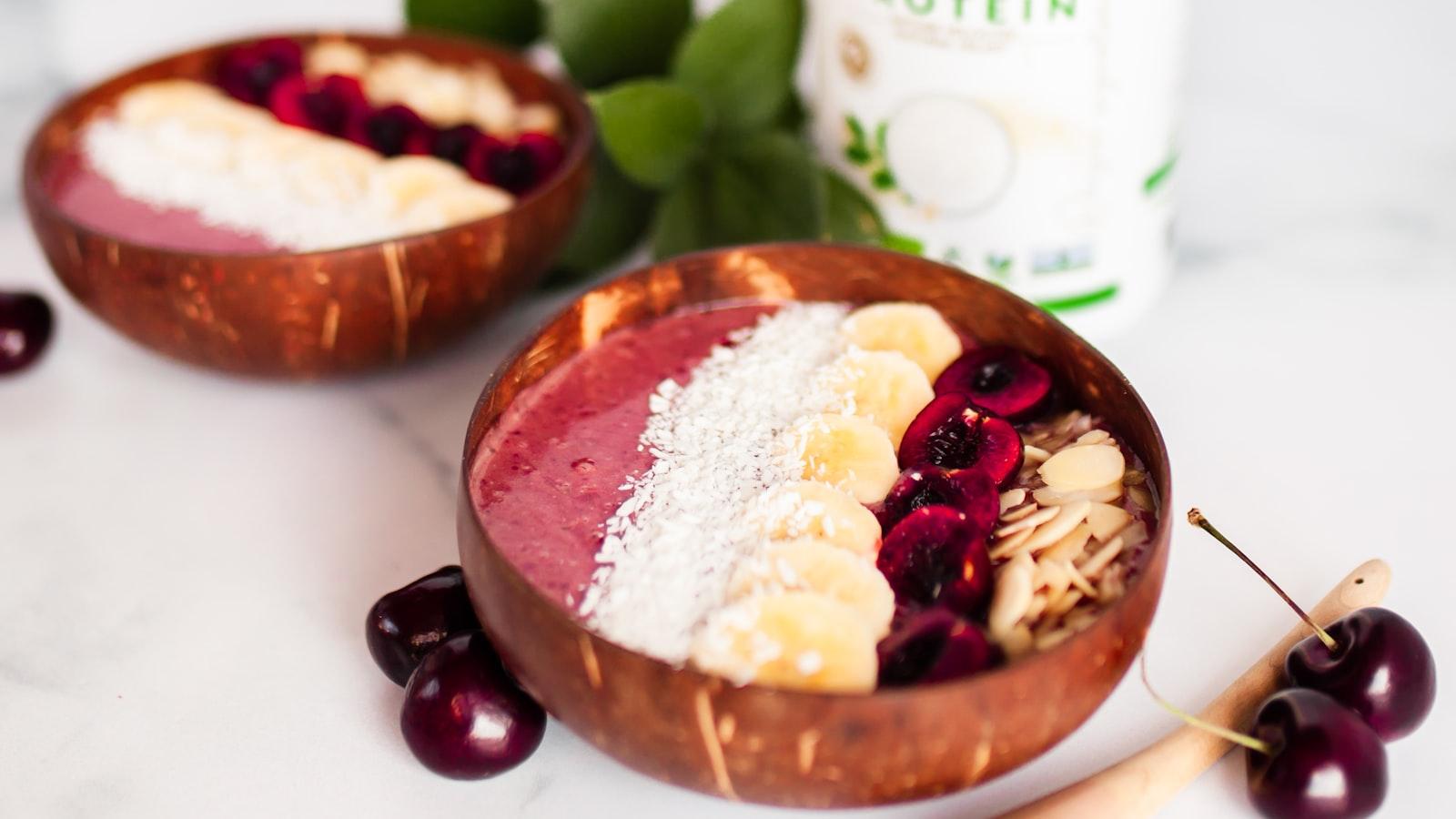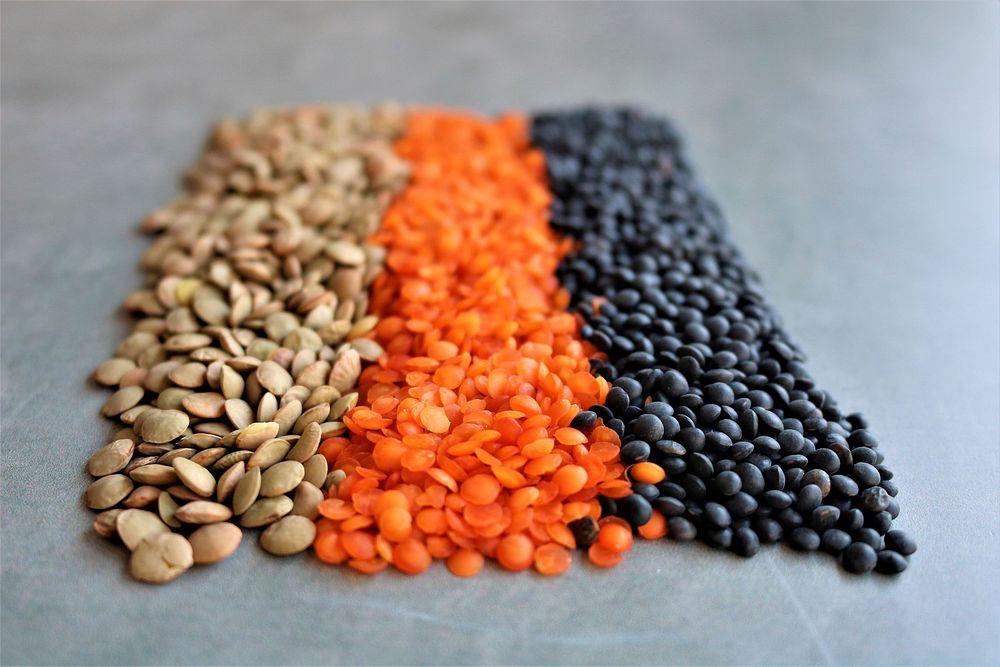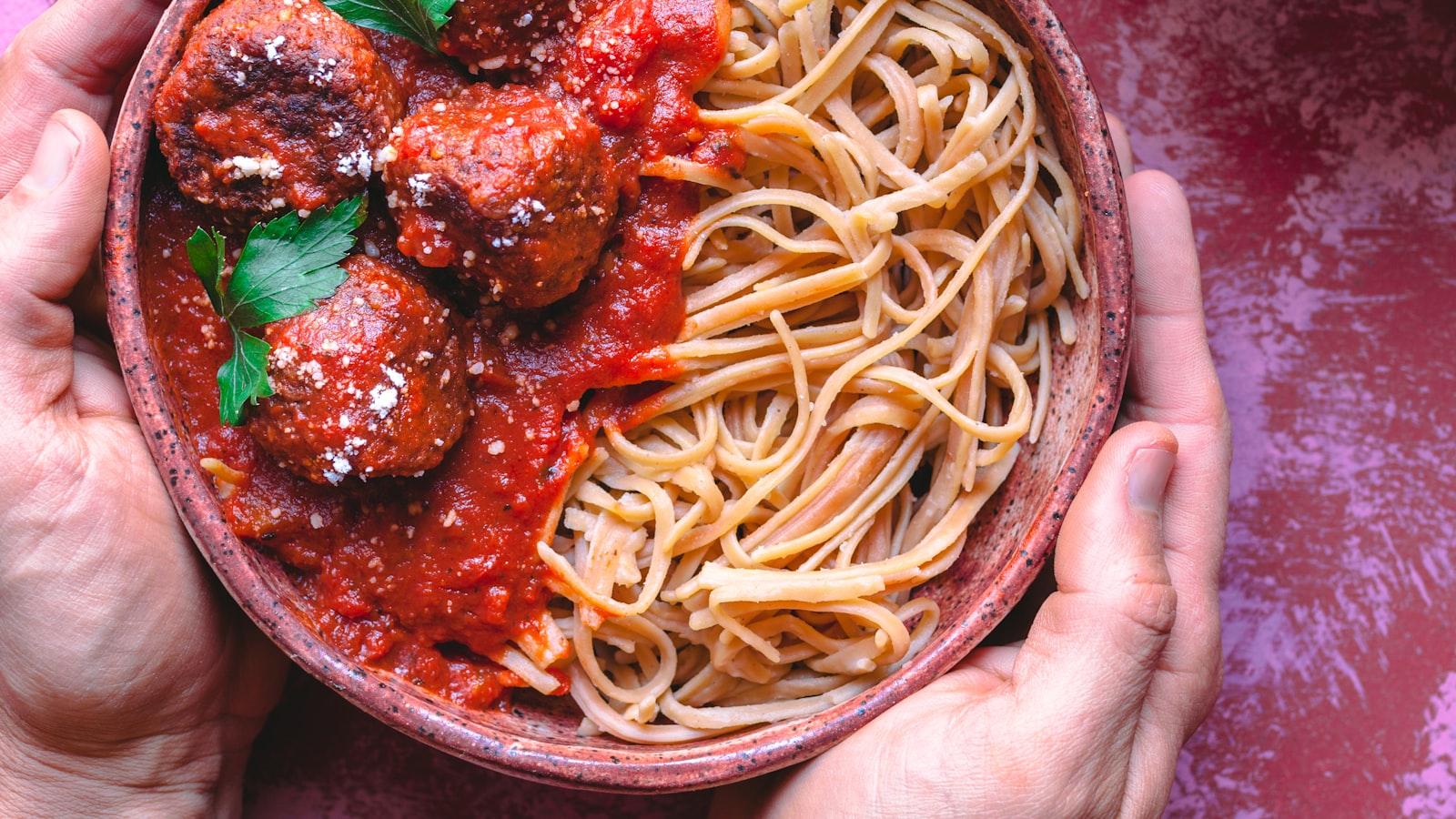Imagine a world where plates bloom with endless possibilities, where the robust flavors of meat intertwine with the nurturing power of plants. In this verdant utopia, we seek a delicate balance between our cravings for protein-packed nourishment and our deep-rooted desire to embrace a more compassionate, sustainable lifestyle. Welcome, dear readers, to the realm of plant-based protein sources, a realm that holds an abundance of options for both seasoned meat-eaters and devout vegans. Join us on a journey of discovery as we unveil the bountiful alternatives that will revolutionize your plate and tantalize your taste buds, all while honoring our green planet. It’s time to embark upon a culinary escapade where the possibilities are as endless as the flourishing fields themselves.
Plant-Based Protein Sources Explained: A Comprehensive Guide Addressing the Needs of Meat-Eaters and Vegans
Exploring Plant-Based Protein Sources: A Guide for Meat-Eaters and Vegans Alike
When it comes to meeting our protein needs, many of us automatically think of meat. However, for various reasons, an increasing number of individuals are opting for plant-based alternatives. Whether you are a dedicated vegan, curious flexitarian, or simply looking to incorporate more plant-based options into your diet, this comprehensive guide will shed light on the abundance of plant-based protein sources available.
From what many may consider conventional plant-based proteins like beans and lentils, to the more unconventional yet protein-packed options such as seitan and tempeh, there is a world of diverse choices to explore. For meat-eaters looking to reduce their animal protein consumption, these alternatives can be an exciting and satisfying addition to their plate, offering a range of flavors, textures, and nutritional benefits.
Types of Plant-Based Protein Sources
- Legumes: Beans, lentils, chickpeas, and peas are not only packed with protein but also rich in fiber and vital nutrients like iron and magnesium.
- Whole Grains: Quinoa, brown rice, amaranth, and oats are not only great sources of complex carbohydrates but also provide a decent amount of protein to support overall health.
- Soy Products: Tofu, tempeh, and edamame are excellent plant-based protein sources that can be versatile ingredients in a variety of dishes.
Adding Plant-Based Protein to Your Diet
Transitioning to a diet that incorporates more plant-based protein sources can be an exciting journey. Start by gradually replacing some of your animal-based proteins with alternatives like lentils in your favorite soup or substituting tempeh for meat in a stir-fry. Exploring plant-based recipes, experimenting with different cooking methods, and discovering new flavors can make the transition both enjoyable and sustainable.
| Plant-Based Protein Source | Protein Content per 100g | Additional Benefits |
|---|---|---|
| Quinoa | 14g | Complete protein with all essential amino acids |
| Seitan | 25g | High protein content suitable for muscle building |
| Chickpeas | 19g | Rich in fiber and iron, aids in digestion and boosts energy levels |
Unlocking the Power of Legumes: Boost Your Protein Intake with Nutrient-Dense Plant Foods
Looking to boost your protein intake? Whether you’re a meat-eater or a vegan, incorporating nutrient-dense plant foods into your diet is a delicious and sustainable way to increase your protein consumption. Legumes, in particular, are a fantastic option to unlock the power of plant-based protein.
Legumes, which include beans, lentils, peas, and chickpeas, offer a wide range of health benefits. Not only are they low in fat and cholesterol-free, but they are also packed with essential nutrients like fiber, vitamins, and minerals. Additionally, legumes are high in protein, making them an excellent alternative to meat for those looking to reduce their meat consumption or follow a vegan diet.
+
Nutritional Comparison: Legumes vs. Meat
| Protein (per 100g) | Fiber (per 100g) | Calories (per 100g) | |
|---|---|---|---|
| Black Beans | 8g | 8g | 132 |
| Chickpeas | 19g | 17g | 364 |
| Lentils | 9g | 8g | 116 |
As seen in the nutritional comparison table, legumes provide a significant amount of protein, often comparable to or even exceeding that found in meat. Apart from their protein content, legumes are also rich in dietary fiber, which aids in digestion and helps maintain a healthy weight. Moreover, they are an excellent source of energy while being relatively low in calories. So, by adding legumes to your meals, you can reap the benefits of their nutrient-dense nature and enhance your overall well-being.

Supercharge Your Plant-Based Protein Journey: Discover the Benefits of Incorporating Nuts and Seeds
Discover the Benefits of Incorporating Nuts and Seeds
Tired of the same old routine when it comes to protein sources? Look no further than nuts and seeds! These tiny powerhouses pack a punch when it comes to nutrition and can be a game-changer for both meat-eaters and vegans alike. From adding a delightful crunch to your salads to being a key ingredient in mouth-watering plant-based recipes, nuts and seeds are versatile and offer a wide range of health benefits.
Let’s delve into the benefits of incorporating nuts and seeds into your plant-based protein journey:
- Rich in protein: Almonds, peanuts, chia seeds, and hemp seeds are just a few examples of nuts and seeds that are high in protein. Incorporating these into your diet can help meet your daily protein requirements, aiding muscle growth and repair.
- Good source of healthy fats: Walnuts, flaxseeds, and pumpkin seeds are excellent sources of omega-3 fatty acids, which are essential for heart health. Including these in your meals can support brain function and reduce the risk of chronic diseases.
- Vitamins and minerals: Nuts and seeds are packed with vitamins and minerals like vitamin E, magnesium, and zinc. These micronutrients are essential for overall well-being and help strengthen the immune system.
| Nut/Seed | Protein Content | Fiber Content |
|---|---|---|
| Almonds | 6g per 1 oz | 4g per 1 oz |
| Chia Seeds | 3g per 1 tbsp | 5g per 1 tbsp |
| Hemp Seeds | 9g per 2 tbsp | 2g per 2 tbsp |
Nuts and seeds offer endless culinary possibilities, whether as a nutritious snack, a versatile ingredient in baking, or a tasty topping for your favorite dishes. With their impressive nutritional profile, incorporating these plant-based protein sources into your diet can support your health and add excitement to your meals.
So, why wait? Supercharge your plant-based protein journey today and unlock the incredible benefits of nuts and seeds!

Fuel Your Body with Plant-Based Protein Powerhouses: Unleashing the Potential of Whole Grains and Quinoa
Looking for alternative protein sources that are not only delicious but also perfect for both meat-eaters and vegans? Look no further than the mighty powerhouses of whole grains and quinoa! Packed with essential nutrients and offering a wide array of culinary possibilities, these plant-based wonders have the ability to keep your body fueled and satisfied.
The Exquisite Versatility of Whole Grains
When it comes to harnessing the potential of plant-based protein sources, whole grains reign supreme. They offer a multitude of options to suit every taste and culinary preference. From nutty-tasting quinoa, the superstar of ancient grains, to hearty brown rice and protein-rich wheat berries, the world of whole grains is a diverse one.
One of the greatest advantages of incorporating whole grains into your diet is their versatility. They serve as a fundamental ingredient in dishes ranging from comforting grain bowls to gluten-free baked goods. Beyond their delicious taste, whole grains provide a myriad of health benefits. Rich in fiber, vitamins, and minerals, they support digestion, improve heart health, and promote stable energy levels throughout the day.
The Mighty Quinoa: A Powerhouse of Plant Protein
Introducing quinoa, the superstar grain that has taken the culinary world by storm. Boasting an impressive protein content, this beloved ancient grain provides all nine essential amino acids, making it a complete protein source. Its delicate texture and mild flavor make it a versatile addition to a variety of dishes, from nourishing salads to savory casseroles.
Quinoa’s nutritional profile doesn’t stop at its protein content. It is also high in dietary fiber, iron, magnesium, and manganese, contributing to improved digestion, increased energy, and reduced inflammation. With its wide range of health benefits and adaptability in the kitchen, quinoa truly deserves its superstar status among plant-based eaters.
Discover the Power of Plant-Based Protein Sources
Embracing whole grains and quinoa is not only a great choice for your health but also for the planet. By reducing reliance on animal protein, you contribute to sustainable practices and help protect the environment. So whether you’re a meat-eater looking to diversify your diet or a vegan seeking nutritious alternatives, the world of plant-based protein powerhouses awaits – ready to fuel your body and unleash your full potential.
Insights and Conclusions
As we bid adieu to our exploration of plant-based protein sources, we are left marveling at the bountiful alternatives that wait to be discovered and savored. Whether you are a devoted meat-eater looking to expand your culinary horizons or a steadfast vegan seeking to fortify your plant-powered diet, the world of plant-based proteins offers an exquisite tapestry of flavors, textures, and nutrition.
By embracing these marvelous substitutes, we have the opportunity to not only tantalize our taste buds but also nourish our bodies with nature’s innumerable gifts. The resplendent diversity of legumes, nuts, seeds, and grains beckons us to embark upon a delectable voyage, leaving behind the overexploitation of our animal brethren. In doing so, we are cultivating a compassionate relationship with Mother Earth and packaging our plates with sustainable sustenance.
From the modest lentil, whose unassuming appearance belies its protein-packed secrets, to the mighty quinoa, a sacred ancient grain revered for its complete amino acid profile, each plant-based protein source carries with it a legacy of nourishment and reverence for the environment. As we consume these revered substitutes, we become agents of change, fortifying our bodies while leaving a gentler carbon footprint upon our precious planet.
So, dear readers, let us part ways with the notion that meat is the sole source of vitality and strength. Instead, let us reframe our perspective and embark on a harmonious journey of culinary discovery. As we embrace plant-based protein sources, we weave a tapestry of health, sustainability, and compassionate living.
Whether your fork dives into a colorful rainbow salad, a fragrant pot of simmering lentil soup, or a mouthwatering burger crafted from legumes and grains, each bite is a silent ode to the remarkable world of plant-based proteins. So go forth, daring gastronomes, and seize the opportunity to nourish your bodies and tantalize your taste buds, all while nurturing the world we share. Plant-based proteins await, beckoning us to savor their wonders and embrace a future where vibrant health dances in harmony with a thriving planet. Adieu, dear readers, until we meet again on the path of timeless nourishment.


